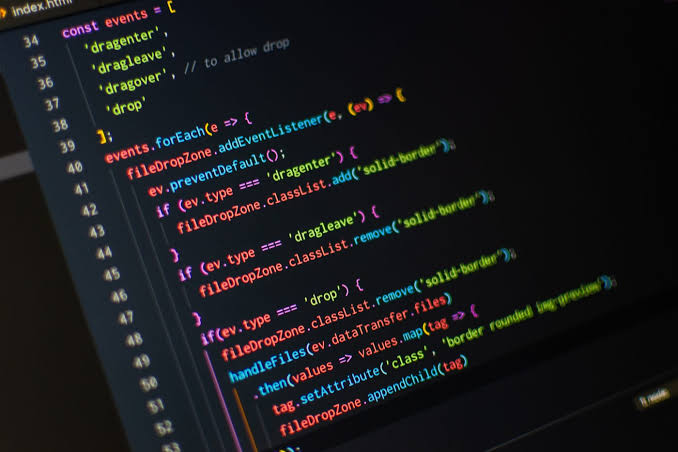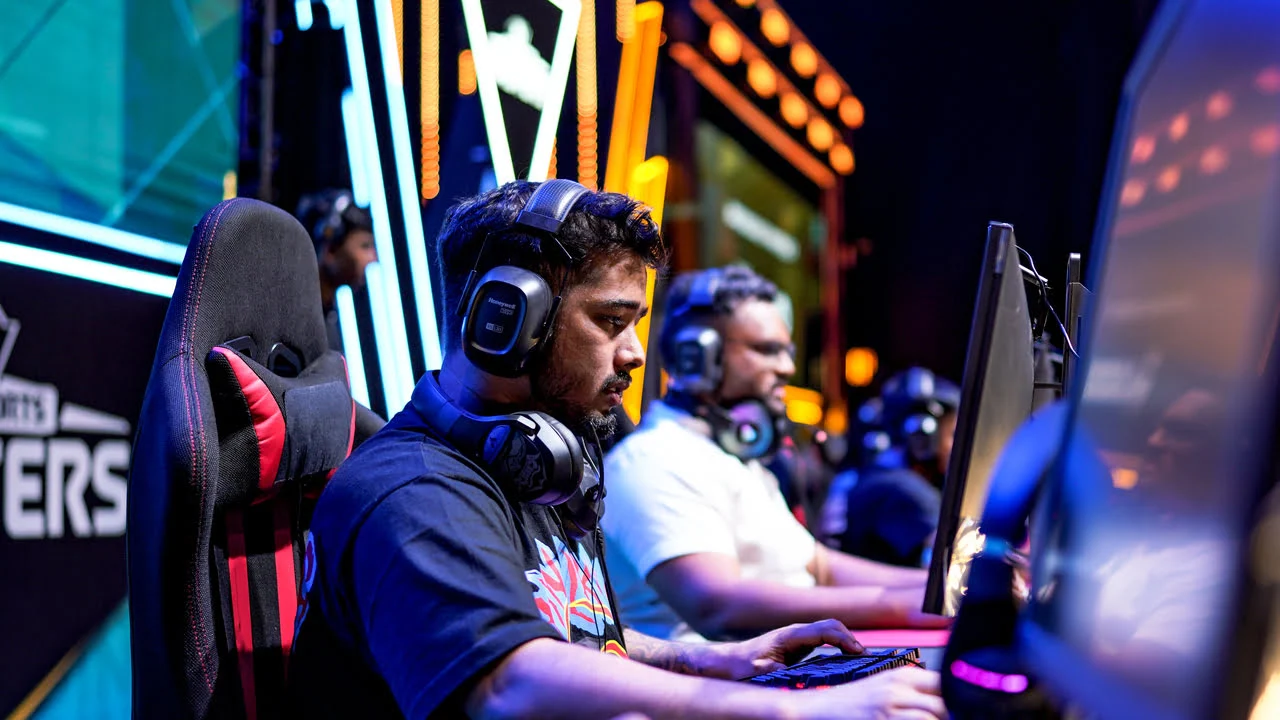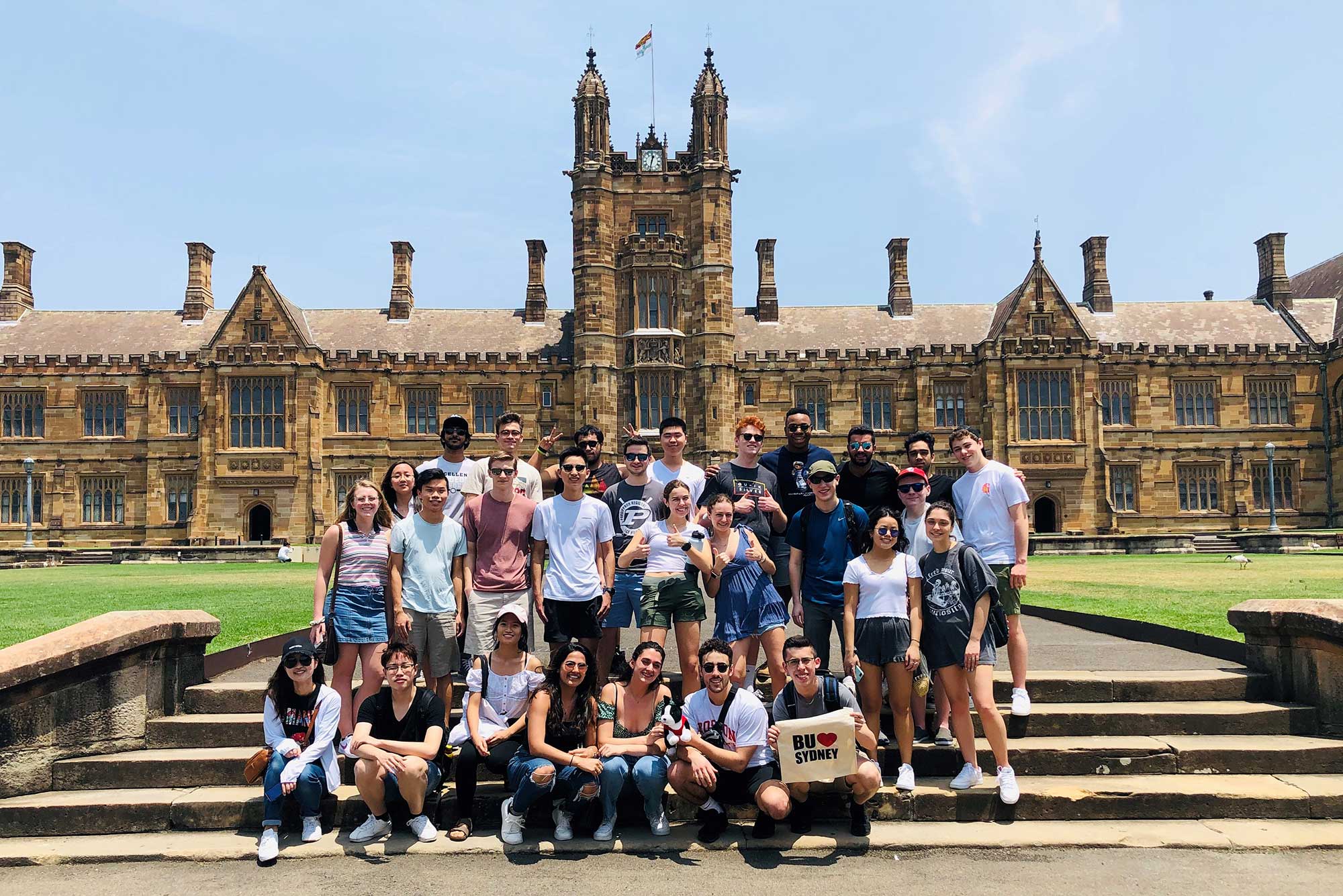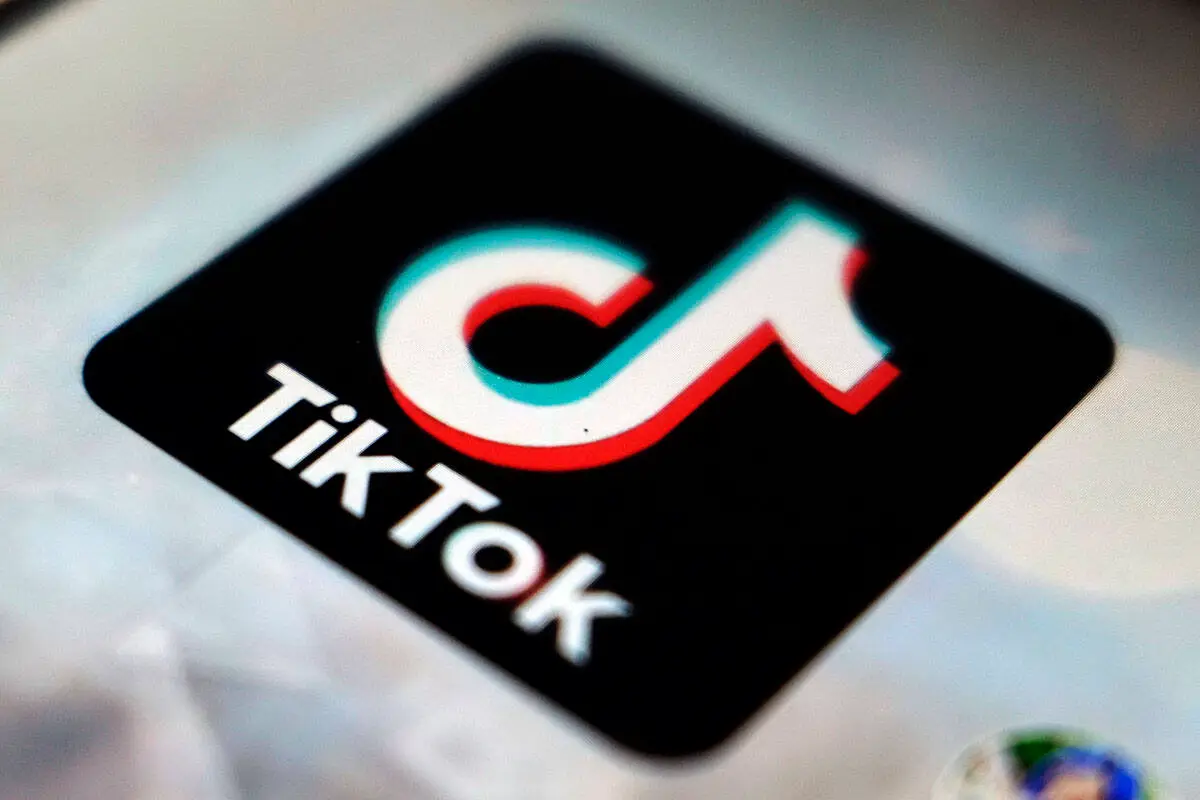
AI’s transformative potential lies not in replacing student thought, but in stimulating deeper reasoning, reflective questioning, and analytical agility. Instead of AI delivering ready-made answers, educators should deploy it to pose nuanced, Socratic-style prompts like asking “What evidence supports this claim?” to push students into active thinking and self-reflection. Studies show that well-designed AI tutors, built with smaller models like Llama-2 running locally, can significantly boost reflection and independent thinking compared to standard chatbots.
By using AI as a diagnostic collaborator for instance, generating flawed arguments and asking students to critique them learners engage in metacognitive thinking and sharpen their reasoning skills. Platforms like Anthropic’s Claude in "Learning Mode" and OpenAI’s ChatGPT Study Mode now employ Socratic questioning to guide learners through problems rather than offering direct answers, further fostering critical inquiry.
The key lies in framing: AI should be a mirror, not a megaphone amplifying human curiosity but never overriding it. When combined with deliberate assignments, reflective tasks, and thoughtful prompts, AI becomes an intellectual catalyst equipping students to think deeply, question boldly, and grow intellectually.
Tags:
Post a comment
IIIT-Bangalore builds smart panels to strengthen 5G and Power 6G...
- 23 Sep, 2025
- 2
Content isn’t enough, connection powers EdTech success!
- 27 Aug, 2025
- 2
Where India's gaming industry stands?
- 27 Aug, 2025
- 2
Why Boston is safest city for students studying abroad?
- 05 Oct, 2025
- 2
When Apps turned policy : India’s geo-national tech rule!
- 29 Sep, 2025
- 2
Categories
Recent News
Daily Newsletter
Get all the top stories from Blogs to keep track.

















